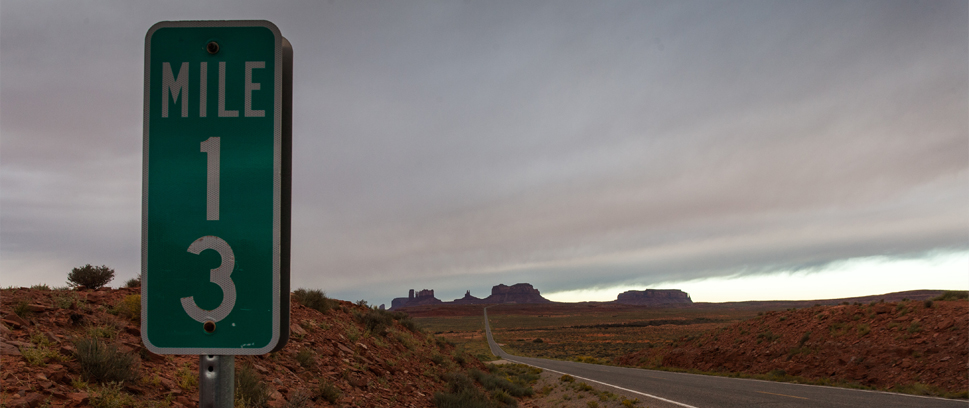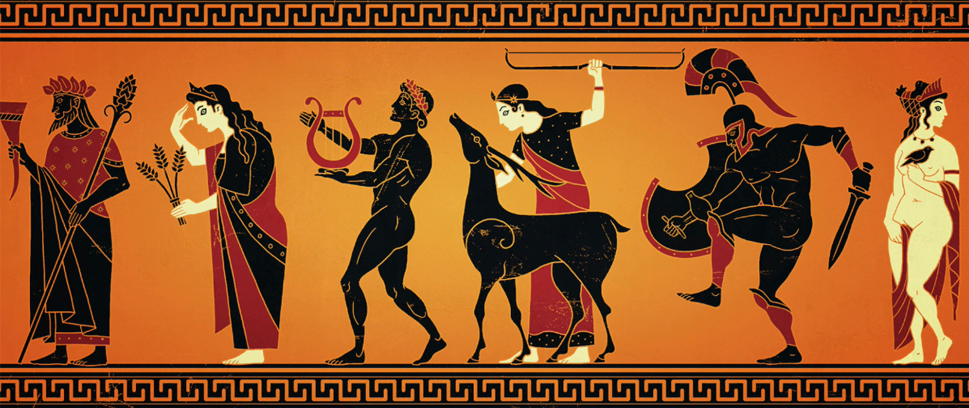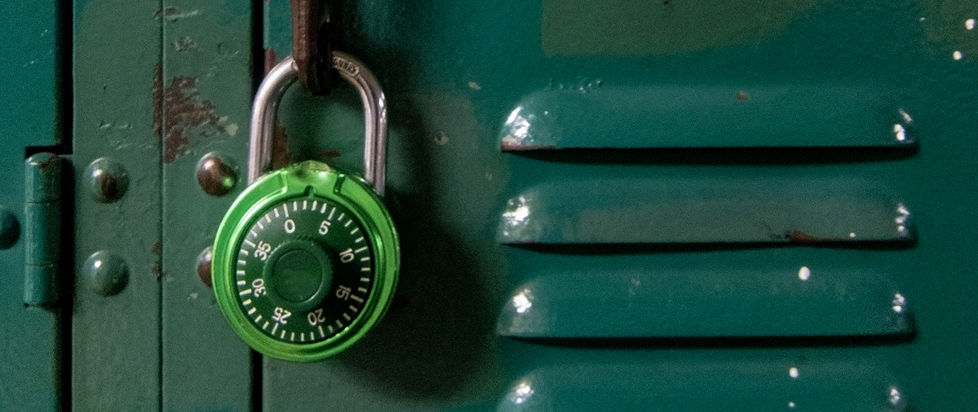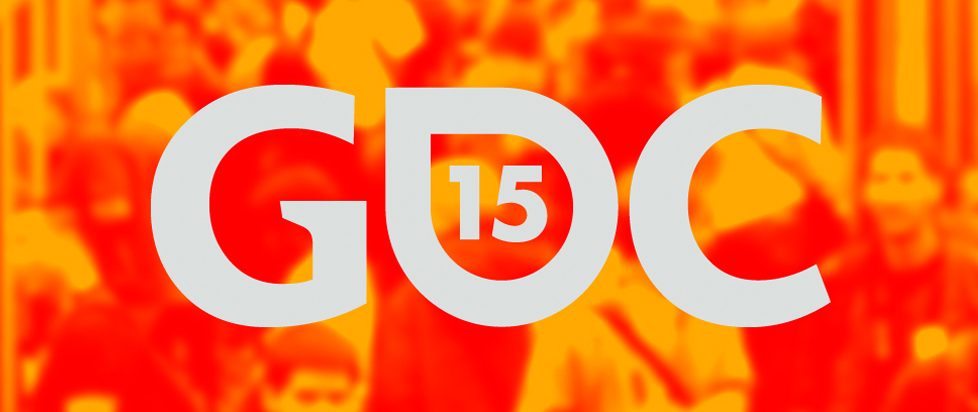
You’re in High School Again: No Recess, Just Videogames at GDC 2015
The following is a reprint from Unwinnable Weekly Issue Thirty-Six. If you enjoy what you read, please consider purchasing the issue or subscribing.
———
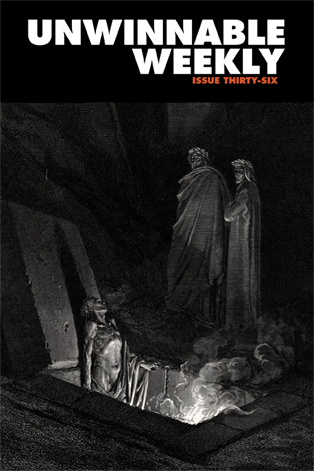 Last year I started a games podcast with one of my Internet and IRL besties, Davis Cox. I never intended to be yet another dude with yet another videogame podcast, and yet that was who I became last year in birthing The Electric Cybercast II: Online with a college buddy who I mainly only saw every day on Gchat when discussing videogames we were desperately excited to play but, as adults with jobs and lives outside Gchat, never had time for.
Last year I started a games podcast with one of my Internet and IRL besties, Davis Cox. I never intended to be yet another dude with yet another videogame podcast, and yet that was who I became last year in birthing The Electric Cybercast II: Online with a college buddy who I mainly only saw every day on Gchat when discussing videogames we were desperately excited to play but, as adults with jobs and lives outside Gchat, never had time for.
The podcast stemmed from nearly eight or nine years of having that conversation again and again before, huzzah, I texted Davis in January 2014, “Hey, let’s do a podcast where we play some of these games we always talk about, we can trade off picking.”
“Sure.”
And thus, something historic happened. At least for me. It’s no secret on the show or on my Twitter that I’m fond of my friend Davis. He proudly waves the flag for fandom and totally owns the fact that he’s an apple-cheeked optimist about things. Whereas me – I’m not. I think deep down I’d like to be, but I recall once reading an interview with Bob Odenkirk (for those unfamiliar with Odenkirk, he’s a popular Miller Lite salesman/occasional comedian) where he described cynics as wounded optimists. Yeah. Davis makes for a surefire apples to wounds comparison.
That is to say, for me, the podcast is about just getting back to being able to reconnect with a friend over what we thought about a videogame. To nerd out in a way that I haven’t been able to since probably in first or second grade when my at-the-time friends and I whispered in awe about the rumor of flammable bushes in The Legend of Zelda. It’s been hugely therapeutic doing the show with Davis, something we both joke about (again, on Gchat) by saying our podcast is basically WTF with Marc Maron but for videogames. (For those unfamiliar, Maron is a Squarespace salesman/occasional comedian.)
Every episode is an episode in every interpretation of that word. We don’t just talk about the game and what it was like to actually play, we tangentialize like dorks in exploring how Matthew McConaughey embodies the adventure-game genre or with unnecessary amount of Steve Albini jokes.
Point being: Last year I went to GDC with Davis and we wrote about it for Unwinnable. This year I had to carry on alone because something happened in 2014: Davis had a baby! So while I was of course happy for him, I was bummed to be going to San Francisco all by my solo. In the year since last GDC, not only has my friend had a baby, but there have been a lot of changes around videogames too.
If you’re reading this, a sum-up of how my week at GDC went, it’s safe to assume a few things here about you as the reader:
1. You once were or still are someone who had or has strong opinions about videogames.
2. You know exactly what sort of changes here I’m talking about.
Last year was ugly, but saying that should not imply that the years leading up to them were idyllic. They were the flower bed that a lot of toxic awfulness grew from. It doesn’t matter who you are or what you were doing: 2014 fucking sucked. Some people minimize the toll it took by saying, “Well, that was nothing. Remember the Bubonic plague?”
Yeah, I don’t. And there is no hierarchy to pain. People being hurt sucks, regardless of the century. And if the plague is really your sticking point, why are we dealing with similarly medieval mentalities storming the gates of a medium that is meant to be fun? What’s fun about hating people?
Nothing. But if games don’t change, organically or otherwise, these are the questions we will be forced to grapple with or ostrich over in pursuit of something sublime to unwind with. That’s some heavy shit to ponder when all you wanted was to enjoy your free time.
I noticed in glancing over the panels a week before heading out to San Francisco that the industry has decided it is raw but still not ready to talk about it too much. One segment of its audience got together to antagonize and bully and threaten another segment of its audience because they felt the games they liked were somehow being threatened by more people playing videogames.
There is no possible way to be aware of every single panels or talks at GDC proper or at Lost Levels (the un-conference designed for people involved with games but unable to afford a proper badge), but all I know is in putting together my schedule for the week with a patient Google-spreadsheet comb, two things really stuck out to me as acknowledging the 8-bit gorilla in the room: Zoe Quinn co-presenting a panel on getting through harassment (Elizabeth Sampat, Neha Nair, and Donna Prior were the other presenters) and Brianna Wu co-presenting a panel on “Women Are Not Too Hard to Animate” (with Mariel Cartwright, Jonathan Cooper, and Tim Borrelli).
Due to GDC’s hectic-ness, and the way I chose to operate once on the ground, I was unable to attend either talk. I did catch Zoe Quinn’s talk on comedy in games, but my point here is, why is it only the responsibility of Quinn and Wu to speak up about what’s been happening in videogames? (You know, they can talk about other things, too.)
If I have a hot take here, it’s that more people should get more vocal, and not feel that a few people who have been made into figureheads are doing the job for everyone else. It isn’t up to a woman to tell men how to animate women, just like how it wouldn’t be up to a man to explain how to animate men. All it means is we have lots we can learn from each other if we can communicate and listen. Learning is good. Games need to learn.
My GDC experience was not about games as products, but more about exploring the periphery and things at play that are allowing the products to be as narrow as they have become. There’s a lot of fun and joy to be wrought from that narrowness, but who wouldn’t want to see games do more? Not in a “hey this game made me cry way” (The Walking Dead already did that), but in a “hey let’s explore potential here, together, way.”
So going to GDC without Davis was a bummer for a lot of reasons, but it was actually great because I made some new friends. This always happens at conferences.
Still, the landscape has changed. It’s continuing to change. Stu, your fearless Unwinnable EIC, and I were talking (you guessed it) on Gchat about his regrets at not being able to attend GDC. In an alternate universe, I would have also hosted this publication’s salon, presiding over cool games being shown for folks attending Unwinnable’s party.
But life got in the way for Stu as it does for so many of us. I came to GDC, basically, having to find new friends. I succeeded, and am grateful. I have new Internet besties, hopefully I’ll see them next year. (Hugh, a new Internet bestie I made after attending GDC last year: You were missed just like Davis. You should check out Hugh and his team’s game Brigador.)
The challenge in making new friends in the Internet age, especially true in the games space, is that before you can even determine whether someone can be your friend – you have to figure out if they vibe with you. In games, these days, it boils down to: are the things I think are fucked up are similar at all to the things you think are fucked up? That’s a lot more complicated than it used to be: Nintendo or Sega?
Drawing up battle lines in games is bad. It further secludes us, and allows feelings to fester.
And what I found early in the week, though, was further confirmation of things Davis and I had hinted at feeling last year but probably didn’t fully realize ourselves. He put it best to me on a hurried walk to our Airbnb in the Tenderloin: “People in games need to read books.”
This year I find another variation on the same theme.
“Lately the videogame scene reminds me of people trying to act like artists in high school. It used to just be a buncha dorks who were fun to talk to,” I told Stu.
But those artistes are valid. They’re welcome. They’re making games and finding audiences. That’s what being a creator is all about. The games those artistes make? Sure. I’ll try them. I’ll try anything. That’s the spirit of my podcast with Davis and that is the spirit of why I am still trying to stay involved with games when I have seen so many of my friends and colleagues grow more silent, quit the industry, or just retreat to Twitter and carry on as if the online world has no bearing on the offline one.
But it does. Attending GDC is like walking into a meatspace Twitter. (As Davis put it last year,, “It’s like the Internet is leaking in here.”)
But what I’m finding is that all of us just want to love games. We just all have different ways of saying it.
I think we’re just all tired of being judged by others about it. Games all fall under an acid-rain flecked parasol that are cultural stigma. An impression that games are just for kids. They aren’t. And so we have a generation that has grown up with games and still wants to stay involved. But games are just fun, right?
Wrong. They’re more important. Last year is proof of that.
This feels a tad overblown as what is ostensibly meant to be a missive from the road after GDC, but I think my slow-burn feeling about all this is: How can games be as fun when the things keeping them narrow co-exist in the same space?
They can’t.
So, yeah. I saw some games I liked. More power to them. Sincerely.
But for me, where I am in my life and my life with games, they’re almost beside the point. They’re integral, but we gotta tend to that flower bed first.
I suggest we all start by making more friends.



